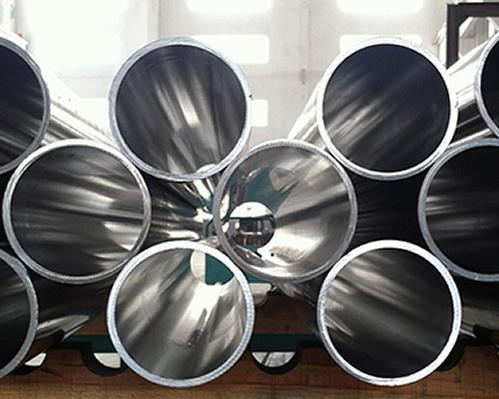As the basic material of modern industry, the quality and safety of steel products directly affect key industries such as construction, manufacturing, energy, and transportation. In order to ensure that steel products meet international standards and meet the needs of specific application scenarios, a variety of special certification systems have been established worldwide. These certifications not only involve the performance of the material itself, but also include production processes, environmental compliance, and supply chain traceability. This article will introduce in detail the special certification types, standard requirements, and industry value of steel products.

1. The importance of special certification for steel products
The special certification system for steel products mainly solves the following core issues:
Quality control: Ensure that the mechanical properties of steel (such as strength, toughness, and corrosion resistance) meet industry requirements.
Safety: Prevent structural failures caused by material defects (such as bridges, pressure vessels, ships, etc.).
Compliance: Meet regulatory requirements in different countries/regions (such as EU CE certification, China GB standard).
Environmental protection and sustainable development: Reduce carbon emissions, increase recycling rates, and comply with the trend of green manufacturing.
Supply chain traceability: Ensure that the source of steel is reliable and prevent counterfeit and shoddy products from entering the market.
2. Special certification types for major steel products
(1) International general certification
① ISO certification (International Organization for Standardization)
ISO 9001 (Quality Management System): Ensures that steel producers have a stable quality control process.
ISO 14001 (Environmental Management System): Assess the environmental compliance of steel companies, such as wastewater and exhaust gas treatment.
ISO 50001 (Energy Management System): Optimize energy consumption in steel production and promote low-carbon manufacturing.
② ASTM (American Society for Testing and Materials) certification
Material standards widely used in the United States and around the world, such as:
ASTM A36 (structural steel)
ASTM A572 (high-strength low-alloy steel)
ASTM A516 (pressure vessel steel)
③ EN (European Standard) certification
CE mark (EU mandatory certification): involves construction steel (EN 10025), welding materials (EN ISO 3834), etc.
PED certification (Pressure Equipment Directive): Applicable to steel for pressure equipment such as boilers and pipelines.
(2) Industry-specific certifications
① API (American Petroleum Institute) certification
Applicable to the oil and gas industry, such as:
API 5L (pipeline steel, used for oil and gas pipelines)
API 2H (steel for offshore platforms)
Requirements: high strength, corrosion resistance, and resistance to low-temperature impact.
② DNV GL / ABS (classification society certification)
Applicable to ships and marine engineering, such as:
DNV GL NV-F41 (high-strength ship plate steel)
ABS AH36 (steel for offshore platforms)
Requirements: resistance to seawater corrosion, fatigue resistance, and excellent welding performance.
③ Railway industry certification (such as EN 13674)
Applicable to rails, wheels, etc., requirements:
High wear resistance
Resistance to dynamic loads
Strict ultrasonic flaw detection (UT) testing
(3) Environmental protection and sustainable development certification
① Green steel certification
GRS (Global Recycling Standard): certifies the recycling ratio of recycled steel (such as steel for electric vehicles).
ResponsibleSteel™: Evaluates carbon emissions, water use and social responsibility of steel companies.
② RoHS / REACH (EU environmental compliance)
Limits the content of harmful substances (such as lead, cadmium, hexavalent chromium) in steel.

